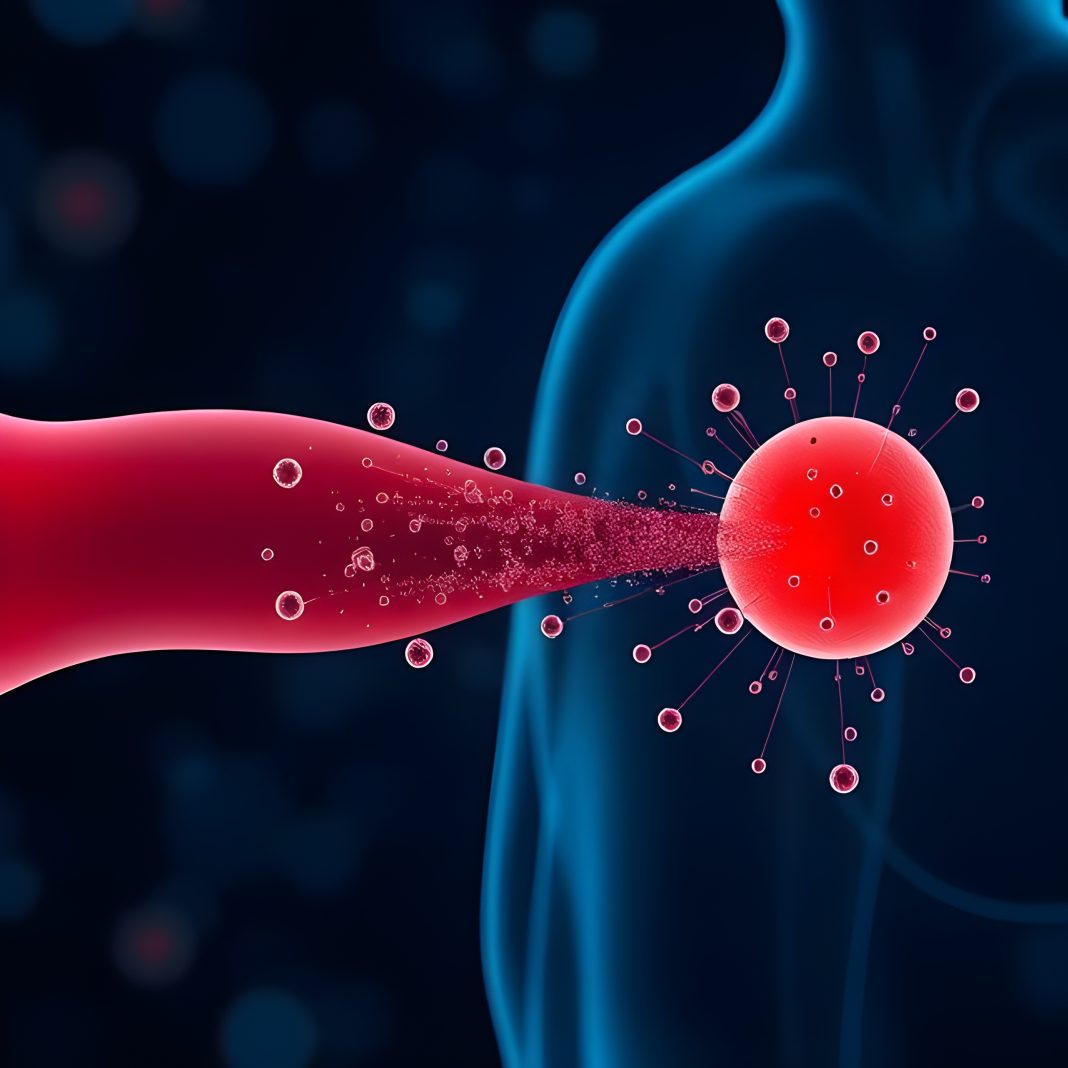What Are Nano-Particles and Why Do They Matter?
Nano-particles in cancer treatment are changing the game. These ultra-small particles—about 1,000 times thinner than a human hair—can now be engineered to deliver drugs directly to cancer cells. Unlike traditional chemotherapy, which affects the entire body, nano-particles help doctors target the tumor precisely while sparing healthy tissues.
- Smarter Targeting:- Custom-designed particles attach only to cancer cells.
- Fewer side effects:- Less damage to healthy cells, reducing nausea, hair loss, and fatigue.
- Better outcomes:- Higher success rates in early trials with lower toxicity.
Latest Breakthrough: Ultrasound-Activated Nano-Particles
Oregon Health & Science University has developed a nano-particle that can:
- Find cancer cells using a special coating
- Destroy them when hit by focused ultrasound waves
- Deliver chemotherapy drugs right to the tumor site
In preclinical tests, this method destroyed melanoma tumors without harming nearby tissues.
Read the full study on ScienceDaily
More Innovations in Nano-Particles
- Magnetic Nano-Particles
These particles are guided by external magnets to the tumor and heated using lasers to kill cancer cells with precision. - Smart Nano-Pills for Colon Cancer
These nano-particles are designed to survive stomach acid and release cancer-fighting drugs only when they reach the colon. - DNA Nanobots
Engineered to detect cancer biomarkers and release therapeutic molecules only when triggered inside the tumor microenvironment..
Why Nano-Particles in Cancer Treatment Matter
Traditional cancer treatments are effective, but they come with significant downsides. Nano-particles in cancer treatment:
- Offer targeted delivery to cancerous cells
- Reduce the toxicity of chemotherapy drugs
- Improve patient recovery time and quality of life
- Enable earlier detection through nano-sensors
With clinical trials expanding globally, nano-particles are poised to redefine how we treat cancer—not just in 2025, but for decades to come.
Final Thoughts
The future of oncology is precise, personalized, and powered by nano-technology. As researchers refine these techniques, nano-particles in cancer treatment will likely become the gold standard—providing hope, healing, and higher survival rates for millions worldwide.







Informative
Interesting..